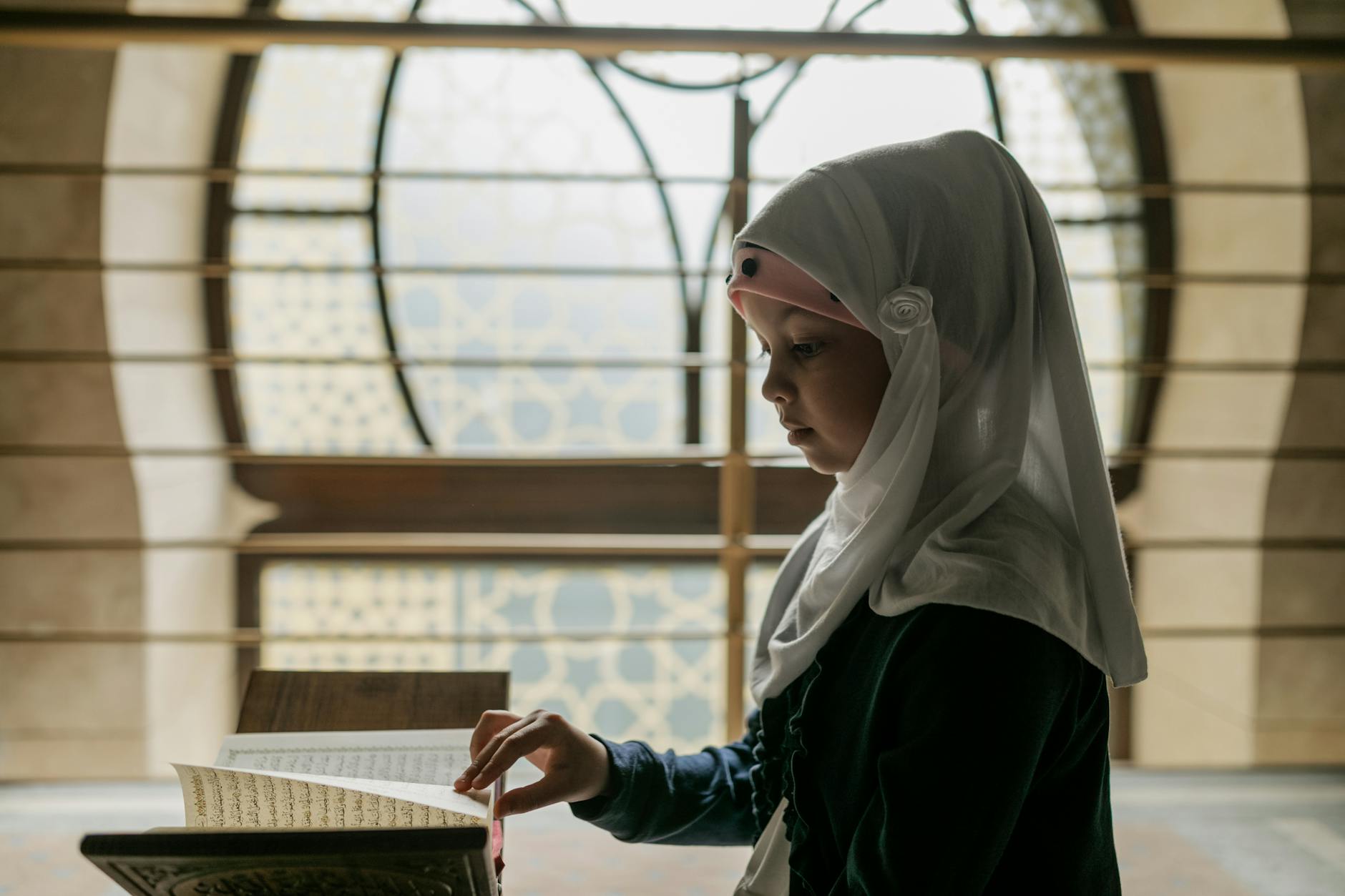Pimento Cheese and Polite Applause: A Korean Teenager's Guide to the Masters

Even before I moved to Georgia, I had heard of the Masters. In Korea, golf is a huge sport, and the Masters is one of the four major tournaments that everyone watches. It is famous for its beautiful course, its iconic green jacket, and its long history. What I didn't realize is that the Masters is also one of the most unique cultural experiences in the world. This April, thanks to my host family who won tickets in the lottery, I got to experience it.
The Masters is held every year at the Augusta National Golf Club, a place that feels like it exists outside of normal space and time. The first thing you notice is the color. The grass is an impossibly perfect shade of green, the azalea flowers are a riot of pink and purple, and the sand in the bunkers is a brilliant, pure white. It’s so perfect it almost looks artificial.
But the real uniqueness of the Masters is in its rules and traditions. It is a world of its own, and you are expected to learn its language. You are not a "spectator"; you are a "patron." You cannot run, you cannot lie down on the grass, and you absolutely cannot have your cell phone out. The result is a strangely peaceful and civilized atmosphere. Instead of a crowd of people looking at their phones, you have thousands of people quietly and respectfully watching the golf.
The food is another famous tradition. The menu has barely changed in decades, and everything is incredibly cheap. I tried the two most famous sandwiches: the pimento cheese and the egg salad. They are simple, served in green plastic bags, and they cost only $1.50 each. In a world where stadium food is notoriously expensive, this is a small but powerful way that the tournament creates a feeling of timelessness and hospitality.
The patrons themselves are part of the tradition. The etiquette of the crowd is to applaud politely for a good shot, no matter who the player is. There is no loud cheering for one player or booing of another. It is a culture of deep respect for the game and the players. I saw Tiger Woods, one of the most famous athletes in the world, and the applause for him was no louder than the applause for a lesser-known player who made a great putt.
For me, the experience was a fascinating cultural puzzle. It was a sporting event, but it felt more like a visit to a beautiful, meticulously curated outdoor museum where the rules of the outside world don't apply. It is a piece of Southern culture that is also a global phenomenon. It’s a place that is deeply traditional, sometimes to a fault, but it is also a place that values civility and respect in a way that is rare in the modern world. It’s a unique corner of Georgia, and a unique corner of the world.
